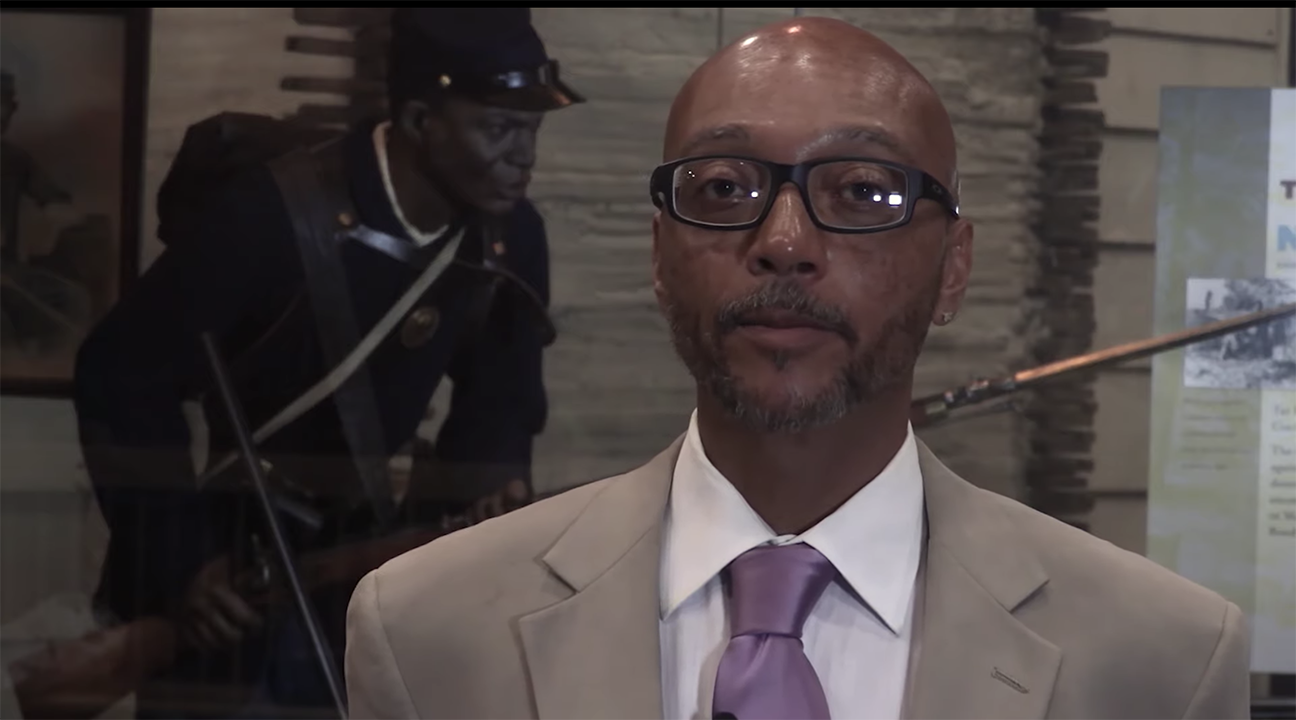The History of Juneteenth from North Carolina Museum of History
Published 8:10 pm Friday, June 19, 2020

- Earl Ijames, Curator of African American, Agricultural and Community History for the North Carolina Museum of History
|
Getting your Trinity Audio player ready...
|
By Earl Ijames, Curator of African American, Agricultural and Community History for the North Carolina Museum of History
Juneteenth was a freedom and celebration first observed on June 19, 1865 in Galveston, Texas, when Union General Gordon Granger arrived with the news of the Confederate surrenders in Virginia and North Carolina.
Enslaved African American men and women were to be emancipated throughout the former Confederate States of America. Texas was the furthest west of the eleven states, and the Emancipation Proclamation, issued on January 1, 1863, had never been enforced there.
That changed with the Confederate surrender, and on June 19, 1865, slavery was officially abolished in the state of Texas.
Rewinding back, the news of the January 1865 fall of Fort Fisher to the United States Colored Troops triggered the passage of the Thirteenth Amendment to the United States Constitution, which outlawed slavery in the United States and places subject to its jurisdiction.
In April 1865, the surrenders of Confederate General Robert E. Lee at Appomattox Courthouse, Va., and General Joseph E. Johnston at Bennett Place in Durham, N.C. led to the Civil War ending. The surrender at Bennett Place on April 26, 1865, resulted in approximately 90,000 Confederate Troops laying down their arms, the largest surrender of the Civil War, and marked the final surrender of the Confederate Army.
READ ABOUT MORE NEWS AND EVENTS HERE.
RECENT HEADLINES:
Teen treated for apparent shark bite received off Cape Hatteras National Seashore





